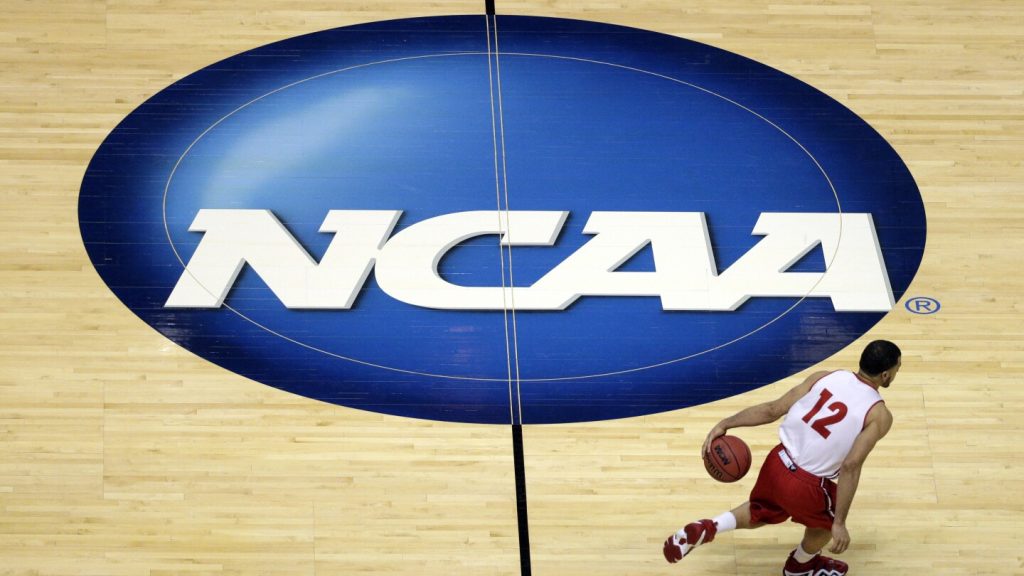Two private investment firms, RedBird Capital and Weatherford Capital, have announced the creation of Collegiate Athletic Solutions, a platform designed to help athletic departments secure funding amidst the impending changes in college sports. The NCAA and its member schools are set to vote on a proposed $2.77 billion settlement of an antitrust lawsuit, which could potentially lead to tighter budgets for schools in the future. CAS aims to provide financial support and guidance to athletic departments in exchange for a share of future revenue, recognizing the need for operational expertise and strategic planning to enhance competitive positioning in the evolving collegiate athletics ecosystem.
Founded by Gerry Cardinale of RedBird Capital in New York and the Weatherford Capital brothers in Tampa, Florida, CAS plans to assist athletic departments facing financial challenges as a result of conference re-alignment, media rights deals, Name, Image, and Likeness (NIL) regulations, and revenue sharing models. Drew Weatherford, a former Florida State football player and current member of the school’s board of trustees, emphasized the importance of investing in athletic departments to ensure success and competitiveness in a rapidly changing landscape. CAS aims to provide a unique capital solution that allows universities to invest strategically and effectively during this transformative period in college sports.
The competitive divide between athletic departments and programs is becoming more pronounced, driven by various factors such as shifting conference alignments and evolving media rights agreements. Sixth Street, a private equity firm, has been in negotiations with Florida State University for over a year regarding a potential capital infusion for the Seminoles. The changing dynamics in collegiate athletics necessitate a proactive approach to investment and financial management, with CAS offering a valuable resource for athletic departments seeking to navigate the challenges and opportunities presented by the current paradigm shift.
The introduction of CAS reflects a broader trend in the sports industry, where private investment firms are increasingly taking an interest in the financial aspects of collegiate athletics. The partnership between RedBird Capital and Weatherford Capital signals a strategic alliance aimed at leveraging their expertise and resources to support athletic departments in securing funding and optimizing revenue streams. As universities continue to grapple with the financial implications of major changes in college sports, the availability of platforms like CAS can prove to be instrumental in helping them adapt and thrive in the new landscape.
CAS’s focus on providing near-term capital and operational expertise to athletic departments aligns with the growing need for innovative financial solutions in college sports. By bridging the gap between premium intellectual property and revenue generation, CAS aims to facilitate long-term growth and sustainability for universities seeking to enhance their athletic programs. As the collegiate athletics ecosystem undergoes significant transformation, the emergence of platforms like CAS highlights the importance of strategic financial partnerships in ensuring the continued success and competitiveness of athletic departments across the country.
In conclusion, the establishment of Collegiate Athletic Solutions by RedBird Capital and Weatherford Capital represents a proactive response to the changing dynamics in college sports, offering a valuable resource for athletic departments seeking financial support and strategic guidance. CAS’s mission to provide a unique capital solution for universities to invest strategically during a period of significant upheaval underscores the importance of proactive financial management in navigating the challenges and opportunities in collegiate athletics. As the NCAA and its member schools prepare to vote on a landmark antitrust settlement, the role of platforms like CAS in supporting athletic departments and enhancing their competitive positioning in the evolving landscape of college sports is likely to become increasingly significant in the years to come.


